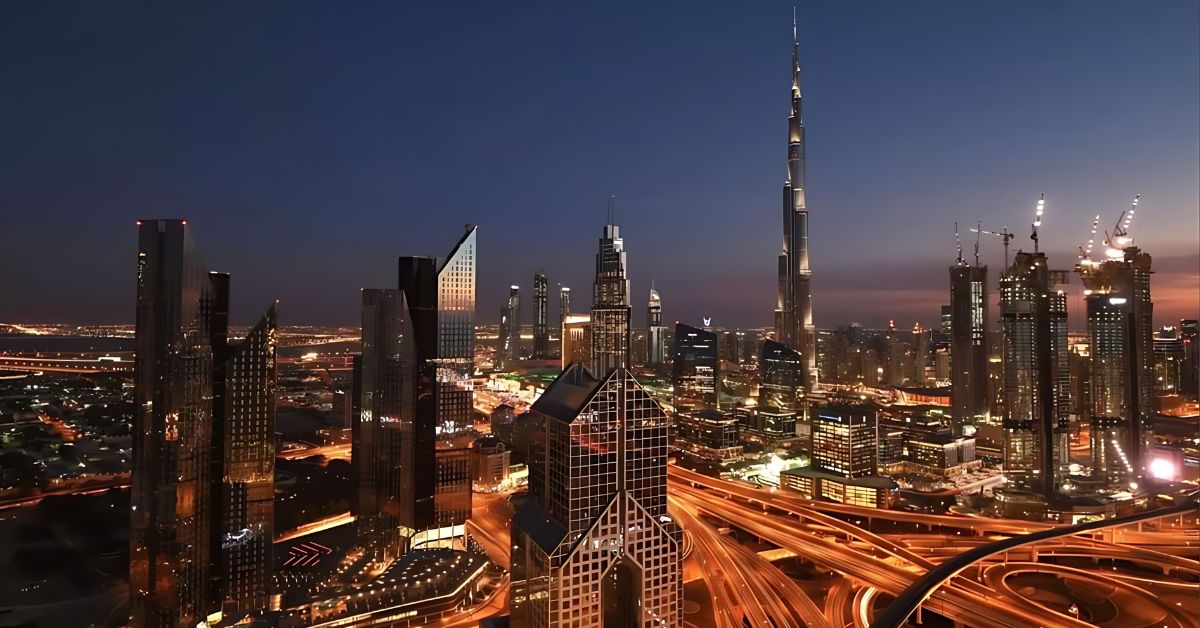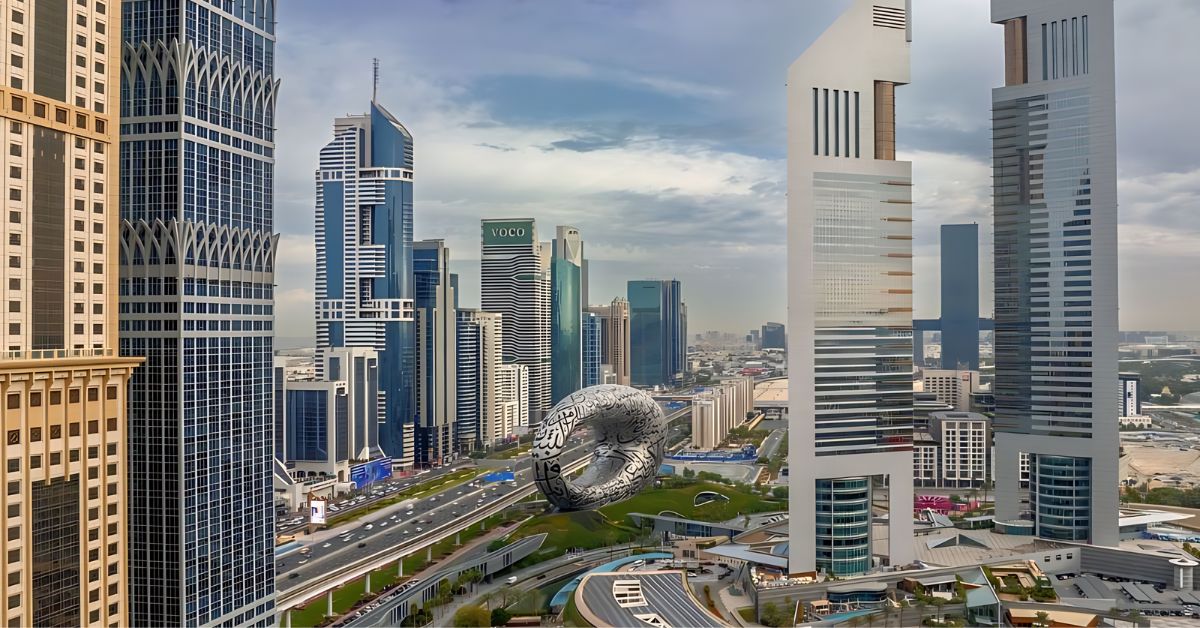DUBAI, United Arab Emirates — Dubai’s real estate sector has long epitomized the emirate’s dynamism and economic prosperity, catering to a diverse range of investors and residents with segments including residential, hospitality, office, and retail spaces.
Despite facing challenges such as demand fluctuations, the need for long-term sustainability, and adapting to changing economic landscapes, the sector has shown resilience.
According to Deloitte, 2023 marked a significant year for Dubai’s real estate, with all market sectors experiencing notable growth.
The residential market shone brightly in 2023, seeing an 18 percent increase in sales prices and a remarkable 26 percent rise in rental rates from the previous year. This growth is attributed to heightened investor confidence, a surge in demand for affordable villas and townhouses, and evolving price trends.
Dubai’s reputation for safety, attractive lifestyle offerings, and recent golden visa regulations have bolstered investor confidence, energizing market activity.
There was also a marked demand for affordable villas and townhouses, with this segment experiencing significant rental activity. This trend is driven by an increasing number of residents seeking more spacious, family-friendly living options.
Villa prices outpaced apartment price growth in 2023, indicating a potential preference for larger living spaces. However, rental increases for both apartments and villas moved in tandem, showcasing robust demand.
Despite the introduction of corporate tax in 2023, the office market showed little impact, with rents surpassing pre-pandemic levels. This underscores Dubai’s ongoing allure as a regional hub for global corporations seeking a strategic Middle Eastern presence.

Hospitality Sector: Welcoming Guests and Generating Revenue
Dubai’s tourism sector thrived, with the first 11 months of 2023 recording 15.4 million overnight visitors, a 2 percent increase over pre-pandemic figures and a 20 percent year-on-year growth.
The influx of international visitors, especially from Western Europe and Southeast Asia, bolstered the hospitality sector’s strong performance. Average occupancy rates hit 77 percent, peaking at 88 percent in February 2023.
Office Market: A Preferred Destination for Global Businesses
Dubai’s office market demonstrated resilience and growth in 2023, with office rents climbing 17 percent from the previous year and exceeding pre-pandemic levels by 20 percent. This growth cements Dubai’s status as a top choice for global corporations seeking a regional base.
Despite rising competition from neighboring cities like Abu Dhabi and Riyadh, Dubai’s strong economic forecast and ongoing business-friendly initiatives are set to keep drawing in essential occupiers.
Retail Sector: Poised for Continued Growth
The retail sector in Dubai is projected to experience significant growth in the coming years, with total retail expenditure expected to increase at a compound annual growth rate (CAGR) of 4.5 percent from 2022 to 2027. This growth is primarily driven by the expected rise in both resident and tourist populations by 2030. Reflecting this optimistic outlook, retail sales in the UAE and Dubai are anticipated to reach AED 428 billion and AED 102 billion, respectively, by 2027.
With all key sectors showing growth and positive future indicators, the market is in a strong position to keep attracting investors, residents, and tourists, reinforcing its status as a global real estate powerhouse.
However, navigating the changing market dynamics, tackling emerging challenges, and promoting long-term sustainability will be essential for continuing this path of success.

